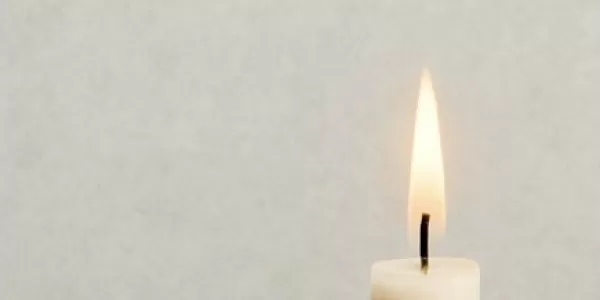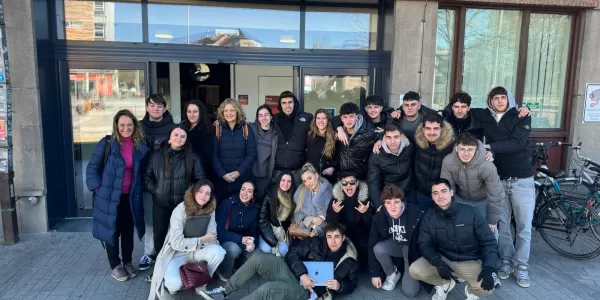November
23rd,
2023
Lost luggage: a proposal that brings us closer to the world
We live in a plural world with people from other countries and cultures. From a suitcase lost by our giants, Ignasi and Núria, the infant pupils discover the main characteristics of our city and identify the similarities and differences with other cities in the world. We open ourselves to the cultural and social diversity of other places and experience it from a position of respect and inclusion, while focusing on different elements such as: traditions, customs, gastronomy, celebrations, landscapes, places, monuments, games, music, etc.
In the Lost Luggage node we worked on human towers and falcons (MOPI 3), the ball de bastons dance (MOPI 4) and the capgrossos giant heads (MOPI 5) and then put it all together. We discovered Catalan gastronomy: our cooks taught us how to make bread with tomato and TQE students helped us make panellets.
Taking advantage of the diversity in the classroom, we have invited families from other countries to introduce us to their culture: language, geography, gastronomy, music, traditions... This allowed us to discover countries as diverse as Italy, Nepal, Argentina, Peru, Belgium, Venezuela, Mexico, South Korea, Ukraine, Russia, USA, Brazil, Japan.... tasting typical foods, hearing words in different languages, singing and dancing traditional songs...
The nodes are culturally significant thematic cores that respond to the self and others, world and society, and strengths. We follow a teaching sequence: Provoke - Ask - Investigate - Apply - Communicate - Reflect and allow inclusiveness to be worked on in the classroom in a natural way and promote openness to the world, and interdisciplinary learning based on collective work with the group.
Lost Luggage allows us to learn about the main characteristics of our culture and our city, helps us discover the characteristics of other cultures and learn to value and show respect for cultural diversity.






















